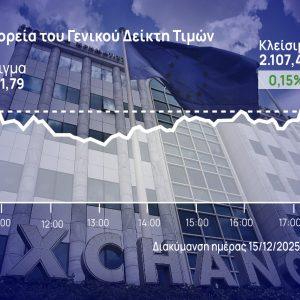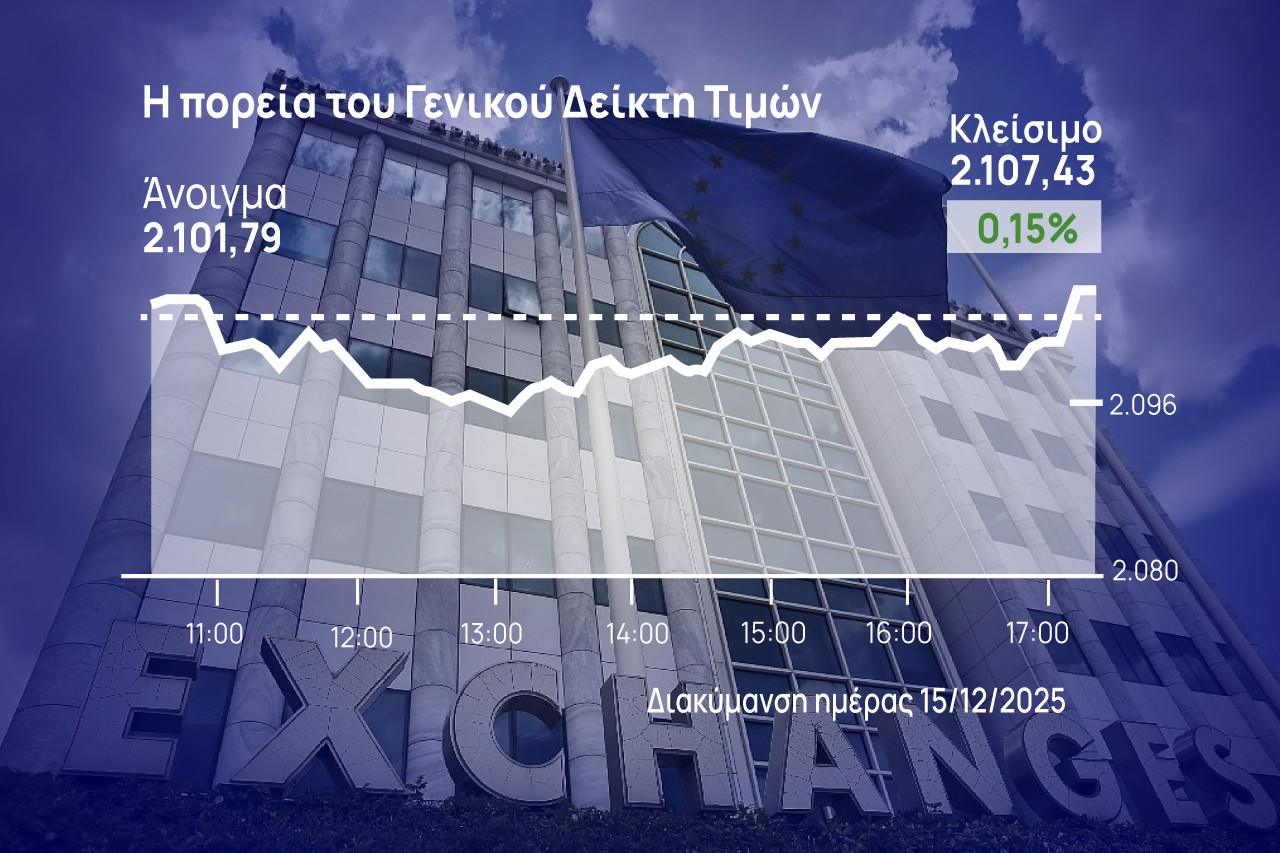Greece is in the last position in terms of the living standards index, according to the Organization for Economic Co-operation and Development (OECD) among all other OECD countries, with a score of 79.52 points, as revealed in the organization’s most recent report released on Thursday.
This index is determined is primarily determined by factors that include disposable income, life expectancy, and education. Greece experienced a significant dip in its index scoring for the first quarter of 2024 down from its previous 81.9 score in the fourth quarter of 2023, while the OECD average is 125.
It should be noted that Greece’s index stood at 104.61 points in the fourth quarter of 2009 before the major debt crisis hit the country, indicative of the fact that living standards for Greeks have far from recovered ever since.
At the same time, Greece’s GDP index for the second quarter of 2024, based on OECD data, was only 85.07 points, placing the country again at the bottom. The OECD average for GDP is 119 points.
In the fourth quarter of 2009, Greece’s GDP index was at 96.84 points, according to OECD figures, while in the first quarter of 2008, it stood at 102.14 points. Essentially, this data shows that Greece’s GDP remains 16.7% lower than its peak in 2008, even after the crisis.
Overall, real household incomes in the OECD increased by 0.4% in the second quarter of 2024, compared to a 1.3% increase in the previous quarter, while real per capita GDP rose by 0.3%.
According to the Organization’s report, among the 15 countries with available data on real household incomes, the UK and Italy recorded increases of 1.1% and 1%, respectively. The US saw a 0.4% increase in the second quarter of 2024, down from 1.2% in the first quarter of the same year. France recorded a 0.3% increase in real household incomes, down from 0.5% in the first quarter of 2024.
On the other hand, Germany experienced declines in both real per capita disposable income per household (-0.2%) and real per capita GDP (-0.3%). According to the OECD, this is attributed to a combination of slow growth in employee wages and property income, along with increased taxes on income and wealth.
Source: Tovima.com










































